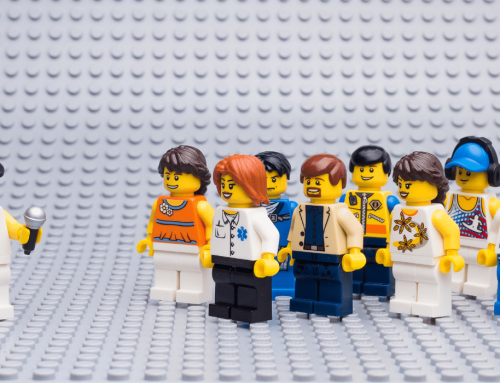More money for children: The Düsseldorf table 2024 brings changes

Maintenance payments are increasing: What does this mean for families?
In 2024, children can look forward to more maintenance. The adjustments to the Düsseldorf table, an important guideline for calculating maintenance payments, mean a noticeable increase in maintenance of between €43 and €122 per month. However, there is good news for maintenance payers: child benefit will continue to be taken into account, which reduces the actual burden.
Income limits revised upwards
One significant change is the increase in the income groups by 200 euros. This means that the increased maintenance only applies from a higher income. In concrete terms: the first income group now ends at an income of 2100 euros, previously it was 1900 euros. This adjustment takes account of the increased cost of living and is intended to ensure that maintenance payments remain realistic and fair.
How is maintenance actually calculated?
The Düsseldorf table classifies maintenance payments according to the income of the person liable for maintenance and the age of the child. However, the amount shown in the table is not the amount that ultimately has to be paid. The so-called payment amount is only calculated after deduction of the proportionate child benefit. For children under the age of 18, half of the child benefit is deducted; for adult children, the full amount is deducted.
An example makes it clear
Let’s assume a debtor with a net income of 2500 euros has to pay maintenance for their seven-year-old child. The maintenance requirement is 579 euros and the child benefit is 250 euros per month. After deducting half of the child benefit (125 euros), a payment amount of 454 euros per month remains.
What is left for the debtor?
There is also good news for debtors: the minimum subsistence level has been raised. Employed persons may now keep 1450 euros for themselves, non-employed persons 1200 euros. This ensures that the financial capacity of the payer is also taken into account.
Consideration of the child’s income and assets
Another interesting aspect is how the child’s own income or assets are dealt with. The child’s regular income, for example from education, can reduce the maintenance requirement. However, voluntary contributions from third parties, such as pocket money from grandparents, are not taken into account. Income from the child’s assets, on the other hand, is.
Conclusion: More maintenance, but fairly regulated
The adjustments to the Düsseldorf table 2024 are a response to the changed financial circumstances of families. They ensure an increase in maintenance without placing a disproportionate burden on those obliged to pay maintenance. A complex system that ultimately serves the welfare of the children and at the same time takes into account the parents’ ability to pay.





